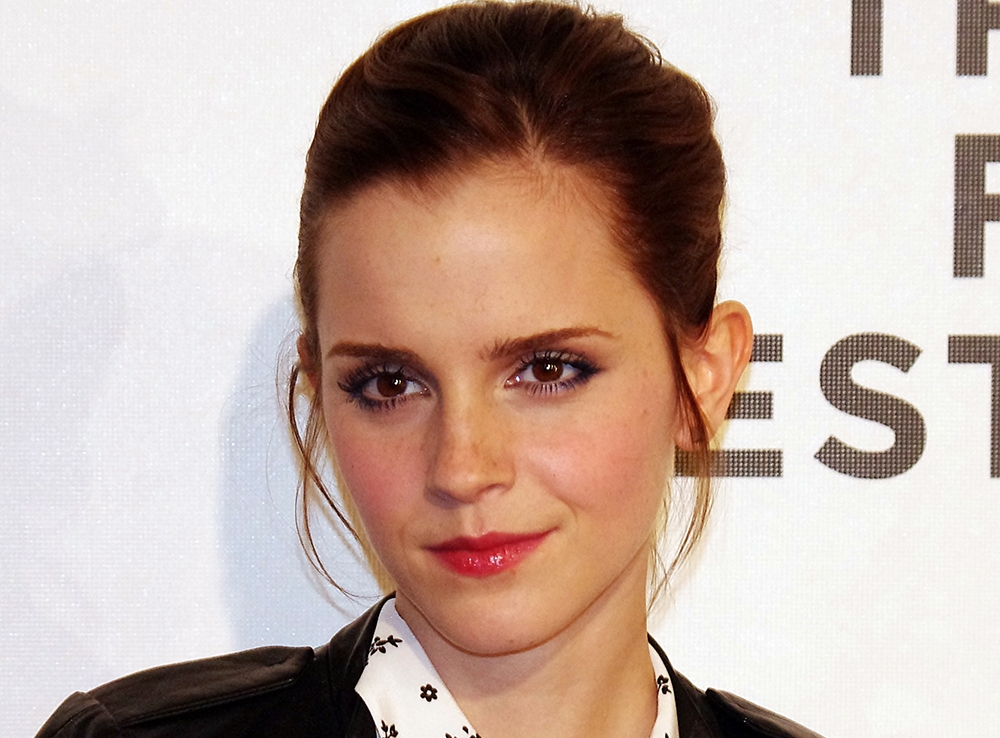Madelaine Pries | Staff Writer
Featured image: The beauty of feminism is that it gives women the freedom to express their autonomy. | Courtesy of Wikimedia Commons
In Canada, it is legal for women to walk around topless—that’s called feminism. Emma Watson appeared in Vanity Fair nearly topless—that’s called anti-feminist. Where do we draw the line?
Critics are labeling Watson, an outspoken feminist and the UN Women Goodwill Ambassador, a hypocrite for posing scantily clad for a Vanity Fair photoshoot.
Watson recently portrayed Belle in the new Beauty and the Beast film, the story of a girl forced into isolation until she falls in love with her captor. It’s still hard to deny the Stockholm syndrome being played off as romance in the Disney classic, but Watson says she makes Belle a feminist by giving her a career in the movie.
But does taking on these roles mean that Watson cannot be a feminist? Can actors be feminists while portraying roles that can be less than empowering?
Second-year theatre student Sydney Grieve recently performed in the women-centered production, The Vagina Monologues. The piece, put together by playwright and feminist activist Eve Ensler, is a creative re-imagining of a series of interviews with women. The interviews were about their experiences with, you guessed it, their vaginas.
“I think overall, as a play, the message is to express a woman’s worth,” says Grieve. “We’re more than sexual objects or a pretty face.”
She also says it shows that “[Women are] strong people and even stronger once united. It’s a play to unite women to fight back.”
Although there are many people who agree with this interpretation, like the Watson controversies, there are people who still say it is not feminist. The all-women school Mount Holyoke College in Massachusetts deemed the play, which they used to put on annually, not feminist enough for their school.
They said the stories are only from women with vaginas, ignoring the experiences of people who don’t have vaginas but identify as women.
When asked about feminist plays or movies, Grieve says she wouldn’t necessarily call a play “feminist.”
“I see them more as empowering women and having a theme of girl power, which I love,” she says.
She applies this belief of women empowerment to the news flying around Watson.
“I think it’s a little over the top […] It’s her own body and if she’s confident enough in her own skin, the only feminist issue here is everyone shaming her for it,” says Grieve.
Watson seemed to carry the same tune when speaking out owusuagainst her critics. Like Grieve, she voiced how it is more anti-feminist to bash her over the choices she makes, because it’s all about the freedom to choose, from the roles she plays to the photos she takes.
“Feminism is about giving women choice. Feminism is not a stick with which to beat other women with. It’s about freedom, it’s about liberation, it’s about equality. I really don’t know what my tits have to do with it. It’s very confusing,” said Watson.


